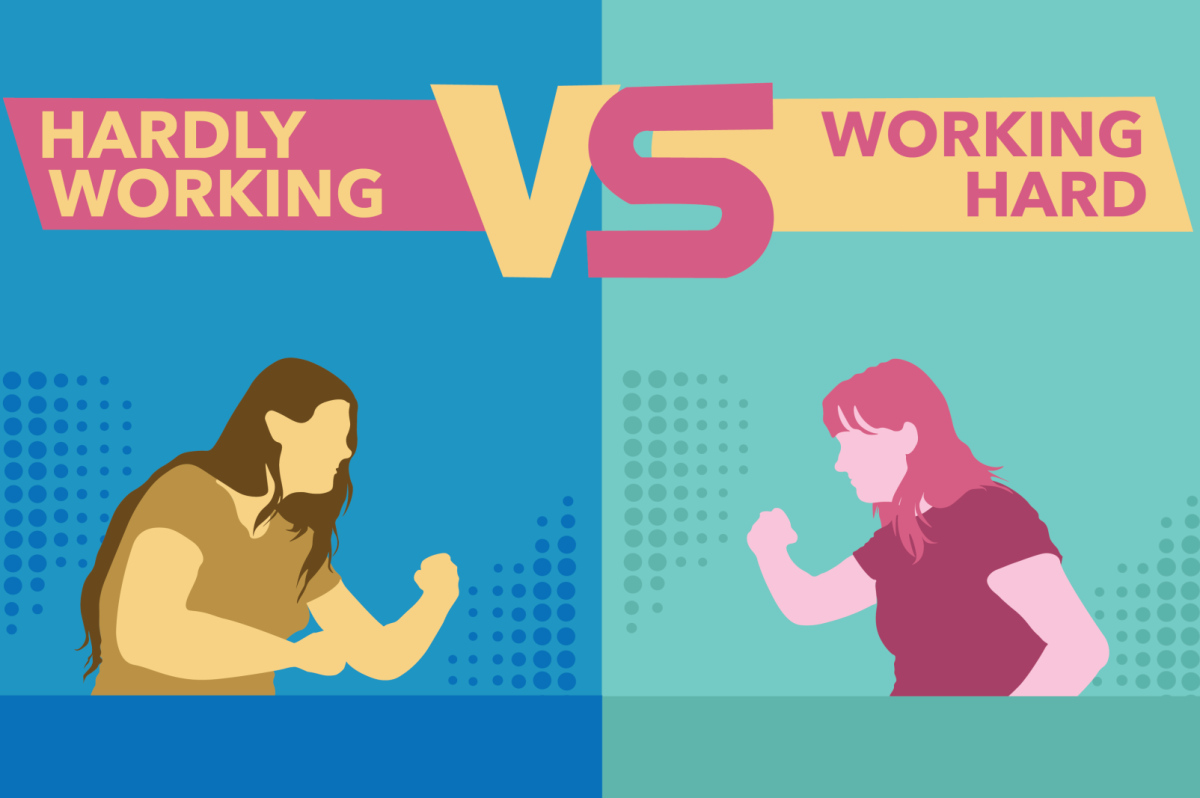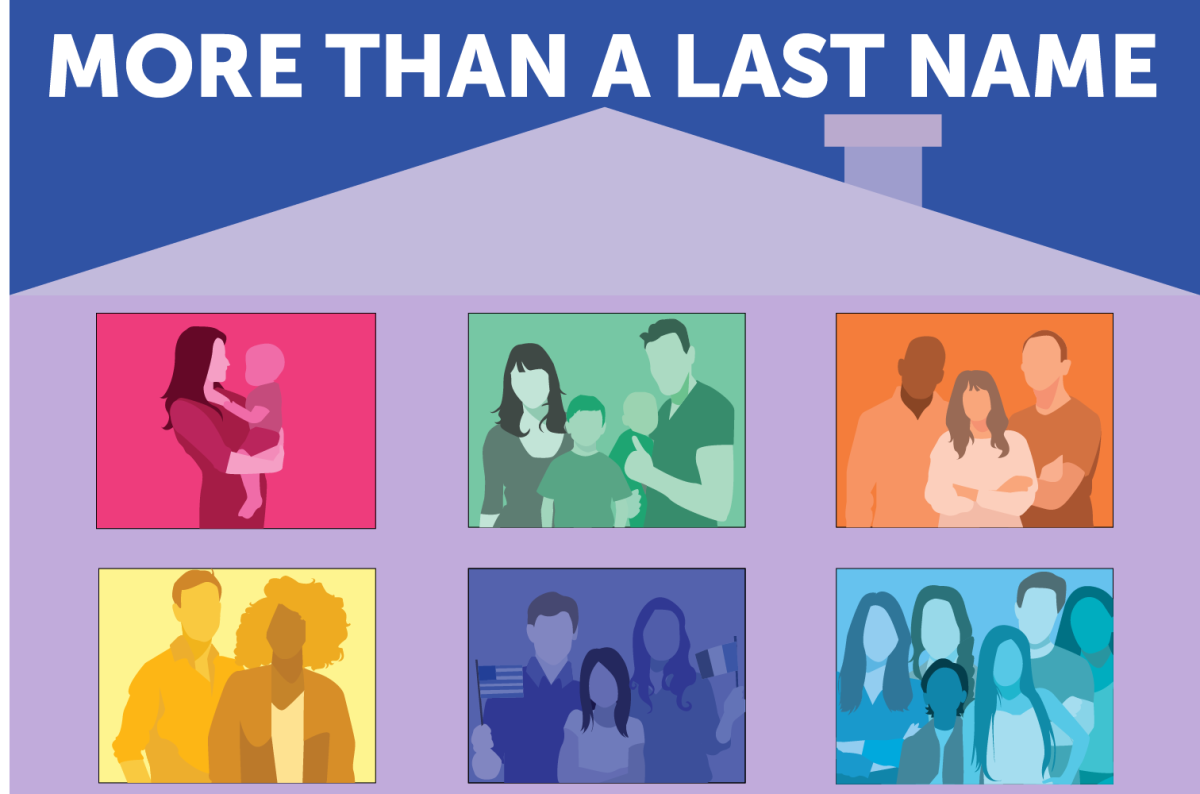School is changing, and so should cheating’s definition
By Madelyn Mulryan
With artificial intelligence (AI) on the rise, the question of what qualifies as cheating is being frequently debated. I believe that using certain types of resources has been widely misconstrued as ‘cheating.’
One such resource is using AI on schoolwork, which when implemented properly, can simply be a really helpful tool to assist with homework. But it has a reputation of being used to get out of having to do your own work.
AI can be helpful with writing outlines, helping you get started on projects, and it’s really good at helping you study. Using AI can be a really helpful tool if it’s purpose is not just doing your assignments for you.
A more popular debated resource is using Google and other online tools to help with work. If you’re only doing homework, and not a test, looking up and finding answers is not cheating.
In the real world, everyone will be using online resources to help them figure out how to best solve their problems. Being able to correctly research and find answers is a very important real-world skill that people actually need.
Not only is researching a good skill that isn’t recognized, but not everyone in school has the same set of talents.
Those who say you can just study a couple hours to completely learn a topic are privileged. Some people aren’t able to process certain topics as well as others, so they need to use helpful tools such as Google or AI.
Imagine being talented at something that isn’t taught in school, such as building or being persuasive. Both of those talents can introduce you to amazing careers in the future, even though they aren’t popularized in most schools.
Those who have more niche talents like these might not be good at traditional academics like math or science. Why should they fail these classes that they don’t understand and won’t use in the future? All students deserve to have the same opportunities as others, and getting help from online resources allows that.
‘Cheating’ needs to be redefined to make clear that some students are just using their resources to get help.
Cheating should not replace the learning opportunity of hard work
By Emma Clement
Almost every student has thought about cheating – had a moment of consideration where they tried to convince themself it was a good idea. Thoughts of, “I just need to pass this class” and “everybody does so why can’t I?” can seem overpowering, but in reality, cheating is never worth it. Putting in the hard work to learn the content will only benefit students.
A study done by the International Center for Academic Inquiry revealed that 95% of high schoolers admitted to cheating in some capacity. Additionally, 64% of students admitted to plagiarism and 58% said they had cheated on a test.
This study shows that cheating is not only common, but frequent in school. However that doesn’t mean it should be. The same study concluded that one of the main reasons students cheated was because they felt pressured to get good grades and do well, especially for overachievers.
While their reasons are valid, cheating is not the only way to success. Though it may feel like an easy solution to being overworked, burnt out or stressed, it really only makes things worse in the long-term. Cheating takes away opportunities for students to learn how to work hard, prioritize and manage their time.
Facing difficult situations with scheduling and feeling overwhelmed is something anyone can empathize with, but those who use those situations to hone critical thinking and decision making skills are the true successful students and that means that they have to do the work..
Besides being a detriment to the student’s own learning, cheating is also unfair to those students that do put in the effort to get their grades. As many high achievers are aware, academics are a competition: GPA, scholarships and college applications, to name a few. It is unfair for students who cheat to take the easy way out and get ahead of those who are genuinely putting in the effort to succeed.
Cheating to get a good grade in a class may give a brief GPA boost, but the skills gained from problem solving and learning to be imperfect will always be more valuable in the long run.











